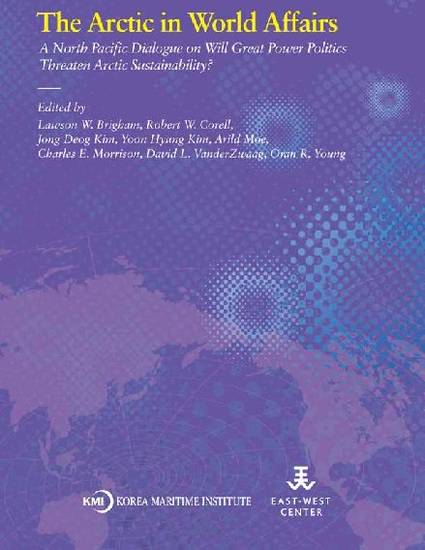
The eight Arctic states (Canada, Denmark/Greenland, Finland, Iceland, Norway, Sweden, the Russian Federation, and the United States) wish to maintain a position of preeminence when it comes to dealing with matters of Arctic Ocean governance. However, major non-Arctic states, while recognizing the sovereign rights of the coastal states in their economic zones and on their continental shelves, have growing interests in the maritime Arctic relating to activities such as commercial shipping, oil and gas development, fishing and ship-based tourism. They are increasingly claiming to have a legitimate interest in being consulted when it comes to addressing matters relating to the governance of such activities. Many questions arise from these new formulations: What is the appropriate mechanism for introducing the concerns of the non-Arctic North Pacific countries in forums dealing with Arctic issues? Can they achieve a significant voice in the deliberations of the Arctic Council? Can they address these issues through other mechanisms?
